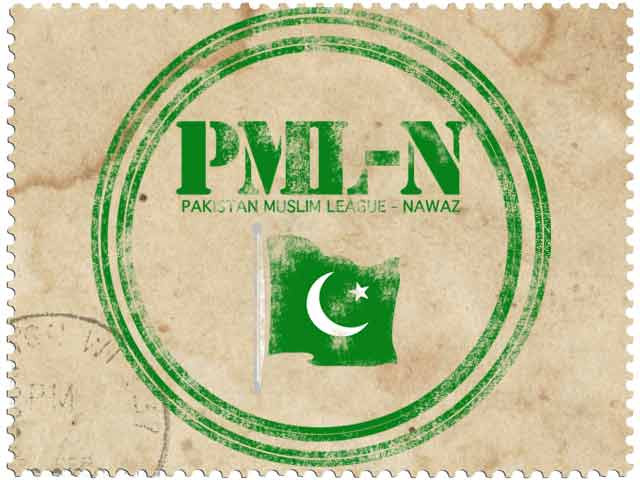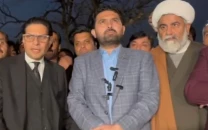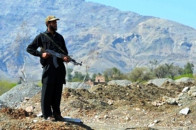Standing committees: NA panels due after Eid
The government is expected to act quickly for the creation of these committees.

All legislation presented in the House is referred to relevant standing committees. PHOTO: FILE
After having missed the one-month constitutional deadline this July for the formation of standing committees, the Pakistan Muslim League-Nawaz (PML-N) government is all set to get approval from the house and constitute parliamentary panels next week.
The NA session is set to begin from August 13 after Eidul Fitr, in which the government is expected to take up the much delayed matter. During the preceding NA which completed its historic five-year term, the number of standing committees stood at 45 whereas there were 11 special committees, nine parliamentary committees and one select committee on Information Technology & Telecommunications on Prevention of Electronic Crime Bill 2010.
On paper every single Member Parliament in the NA was a member of one or another standing committee irrespective of party affiliations. However, performances of some of the special committees during the last regime fell much below par as many committees did not convene any meetings while some others failed to even elect their chairpersons.
However, this time around the number of committees will be less than the previous assembly. With the new government’s initiative to merge several ministries, the number of standing committees has shrunk to 28. However, the process wherein each party submits its nominations for these ministries has been delayed.
NA Speaker Sardar Ayaz Sadiq had justified the delay by using additional time for the budget sessions as an excuse. He said that the extra days consumed in the budget session would not be included in the 30 day legal deadline set for notifying heads of standing committees.
The budget session was followed by the month of Ramazan during which the NA session was not summoned. As a result another month lapsed without the formation of standing committees.

Role of standing committees
The standing committees play important roles of oversight and keeping checks on the workings of relevant government ministries. In parliamentary democracies, the committees are regarded as the “eyes, ears, hands and brain of the Parliament.”
As per parliamentary rules, “each committee shall consist of not more than 17 members to be elected by the assembly within 30 days after the ascertainment of the Leader of the House”. The task to provide names to assembly secretariat to constitute committees primarily rests with the ministry of parliamentary affairs. These committees would be functional only after approval from the assembly.
All legislation presented in the House is referred to relevant standing committees. The committees in return not only provide feedback to the House on each piece of legislation, but also act as important arbiters for reaching agreements between various parliamentary parties on relevant legislations.
Protocol dictates a limited role for the speaker in the formation of standing committees. The speaker is also restricted to notifications issued by these committees, once their formation has been agreed upon by both sides of the aisle in the Parliament.
Given its numerical strength the PML-N is expected to get chairmanships of nearly 18 standing committees of the NA. Similarly, Pakistan Tehreek-e-Insaf, Pakistan Peoples Party (PPP), Muttahida Qaumi Movement, Jamiat Ulema-e-Islam and others are expected to bag chairmanships of the other 12 committees.
Published in The Express Tribune, August 9th, 2013.



















COMMENTS
Comments are moderated and generally will be posted if they are on-topic and not abusive.
For more information, please see our Comments FAQ